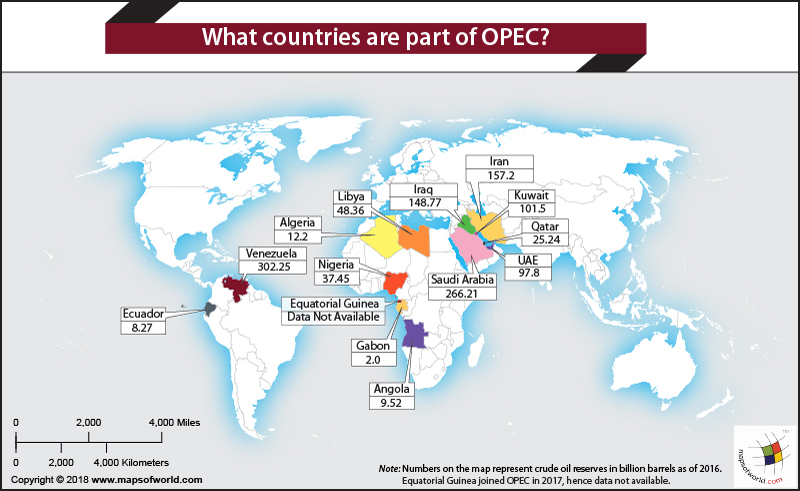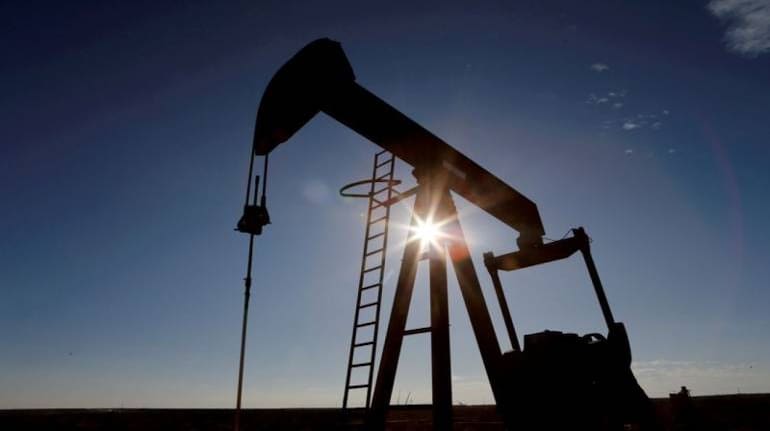By Katya Mavrelli,
The recent rift between the oil kings of Saudi Arabia and the United Arab Emirates (UAE) is an indication of the things that are coming next. With demand for oil embarking on a steadily declining path, some of the members of the Organization of Petroleum Exporting Countries (OPEC) will be more inclined than others to take drastic measures. What is the future of one of the most powerful alliances worldwide? And how will this affect the future of oil dependency?
When meetings between OPEC members and Russia were abandoned in the middle of negotiations, everyone was surprised. The price of Brent crude, then, rose up to $77 a barrel for the first time in more than two years, and then dropped back to $75. Still, uneasiness gripped the Arab states, whose economies rely primarily on oil exports.
Due to the pandemic, the OPEC members reduced production to level off their losses. The demand for fuel and petroleum soon reached $30 per barrel, and sometimes even below that. Lately, the cartel of petroleum exporting countries has been increasing the supply, as a response to rising demand and increasing oil prices. The horizon of the future of petroleum is still blurry, but optimism seems to be winning.
The latest meeting of the OPEC members had the primary aim to agree on further output increases after July, with the Saudis being eager to extend the regime of extending cuts to members’ production. However, the UAE is in favor of the revision of quotas based on countries’ oil-production capacity. Due to heavy investment, its production capabilities have increased by almost a fifth since 2018, but currently, almost one-third of its production is unused, which is a greater share than in any other OPEC country.

And while the UAE is eager to increase production, the rest of the members are not so eager to change the current status quo. Giving in to the demand to modify the quote regime means other countries will be inclined to behave in the same way, and that the same conditions will apply to the rest of the OPEC members. It could also affect Saudis’ desire to prevent overproduction during a period when other petroleum exporting countries outside OPEC, such as Iran, may be eager to increase their supply as well.
If negotiations with the US are successful, Iran could pose a new danger to the leading petroleum exporters. Supposing the Biden Administration decides to lift the previously imposed economic sanctions, Iran could add approximately 1 million barrels a day to the market by the end of 2021 and sell the 200 million barrels it has in storage.
The first scenario as to what will come next is that a price war occurs. Supposing everyone would produce whatever they wanted, in the quantities that they wanted, oil prices would tumble, and the market would encounter an even greater shock than that of the COVID pandemic.
Secondly, a new deal among OPEC members could not be reached, meaning that countries would keep producing as much as their quotas dictate. As a consequence, no overproduction will materialize, and this would lead to a price increase of even over $80 per barrel.
Even if a new deal is struck, however, disagreements among the OPEC members may fuel more grievances. This will imply more price volatility, more disagreements, and less stability in the greater energy sector. The incentive to increase production and supply now in case of demand drops in the future differs among OPEC members and is exactly what leaves room for disagreements. The more time goes by without a deal, the more these divisions will become heightened.
References
- Summer Said, OPEC+ Agrees to Boost Oil Output as Demand Roars Back, The Wall Street Journal, Available here
- OPEC+ agrees oil supply boost after UAE wins argument with Saudi, Reuters, Available here




